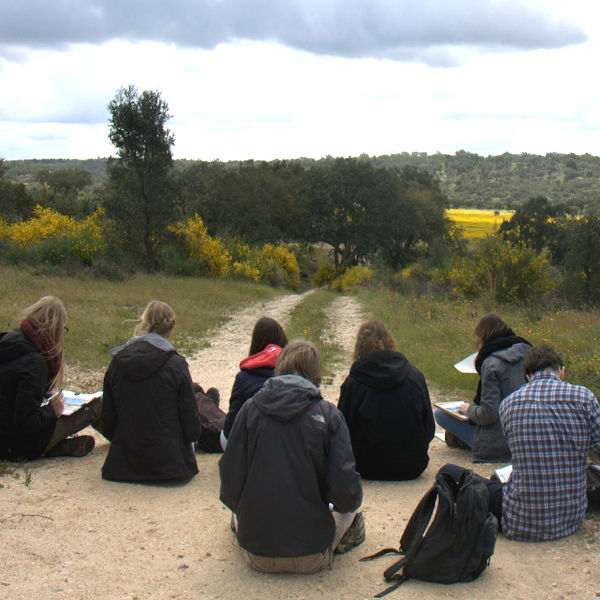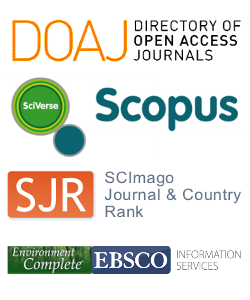We log anonymous usage statistics. Please read the privacy information for details.
Call for Papers: Education in landscape ecology – Sharing knowledge and experience
Living Special Issue opened: 2019 - ongoing

Guest Editors / Edited by:
IALE-Europe working group „Education in landscape ecology"
Veerle Van Eetvelde, Ghent University, Belgium, Website
Simona R. Grădinaru, WSL, Switzerland, Website
Isabel Loupa-Ramos, Technical University of Lisbon, Portugal, Website
Werner Rolf, Technical University of Munich, Germany, Website
We invite contributions to a special issue on education in landscape ecology. This new special topic is related to the IALE-Europe working group „Education in landscape ecology – Sharing knowledge and experience“ and to the symposium „Innovating teaching and learning landscape ecology to address the challenges of the Anthropocene“ at the IALE World Congress 2019 in Milano, Italy.
It will adress topics such as:
- how to develop learning lines for teaching landscape ecology in the curricula of students;
- how to cross the bridges between different levels of education;
- how to go beyond traditional teaching methods from different perspectives;
- how to integrating different approaches to understanding the holistic landscape;
- how to integrate different knowledge on real-life examples; – how to use innovative technologies that contribute to the understanding of the socio-ecological relations in the landscape;
- how landscape can be used as a living lab to build up the social skills of students;
- how to evaluate the landscape ecological knowledge, skills and attitudes necessary to understand and tackle the fast-changing environment and society;
- how to prepare the future teachers to teach landscape ecology.
Of particular interest are approaches that bring together different disciplines and promote interaction within those disciplines as well as with the ‘real world’, the society. Also encouraged are educational approaches that arise from the different landscape ecology perspectives such as the more holistic, humanistic, and society-centred views, grounded approaches as well as the more analytical and biological ecology-centred approaches.
If authors want their manuscript considered for this special issues please mention during the submission process in the cover letter using the text field Comments for the Editor.






